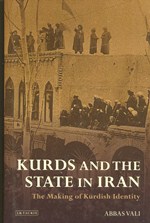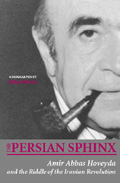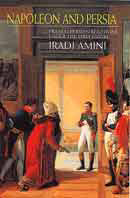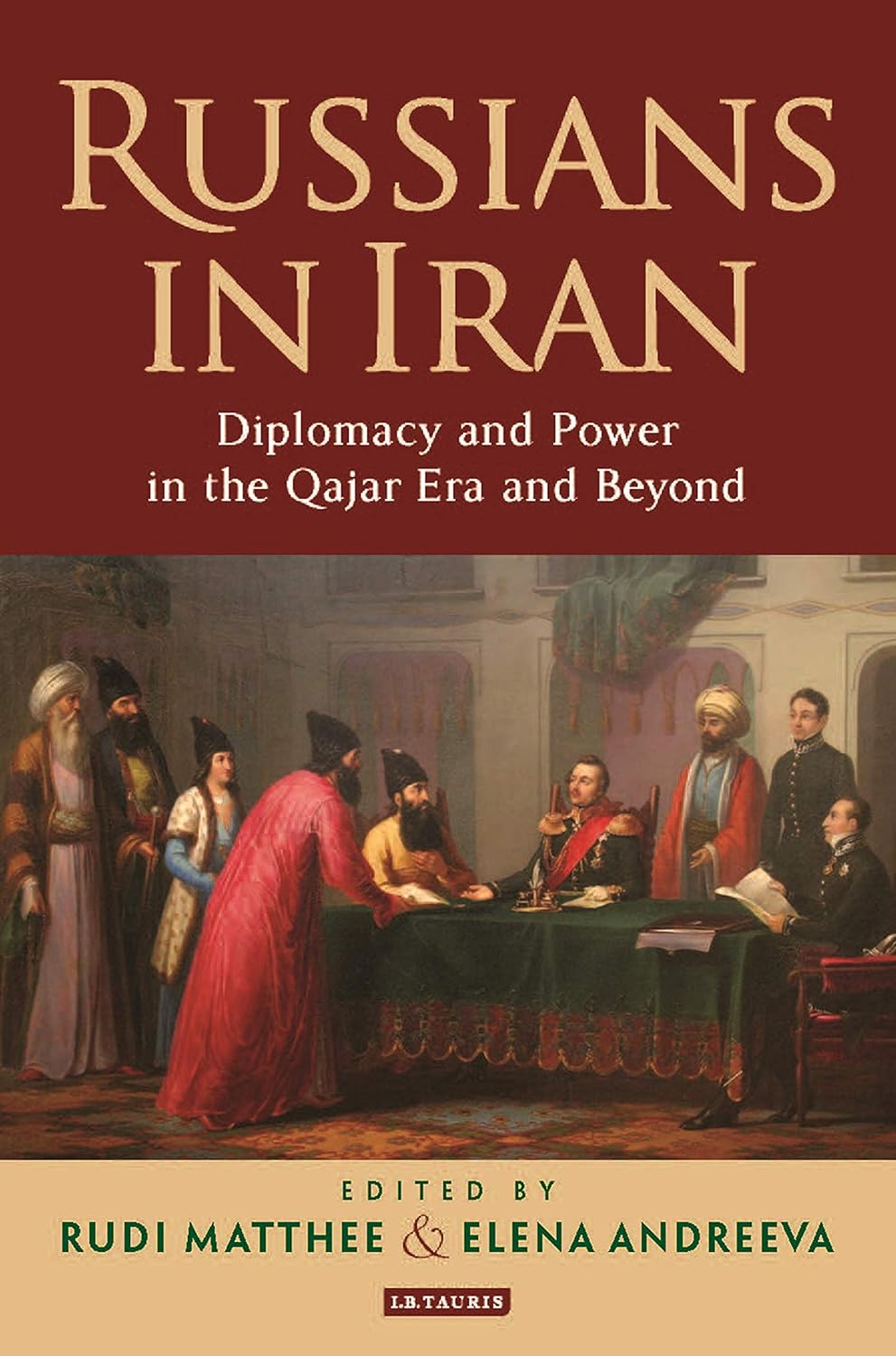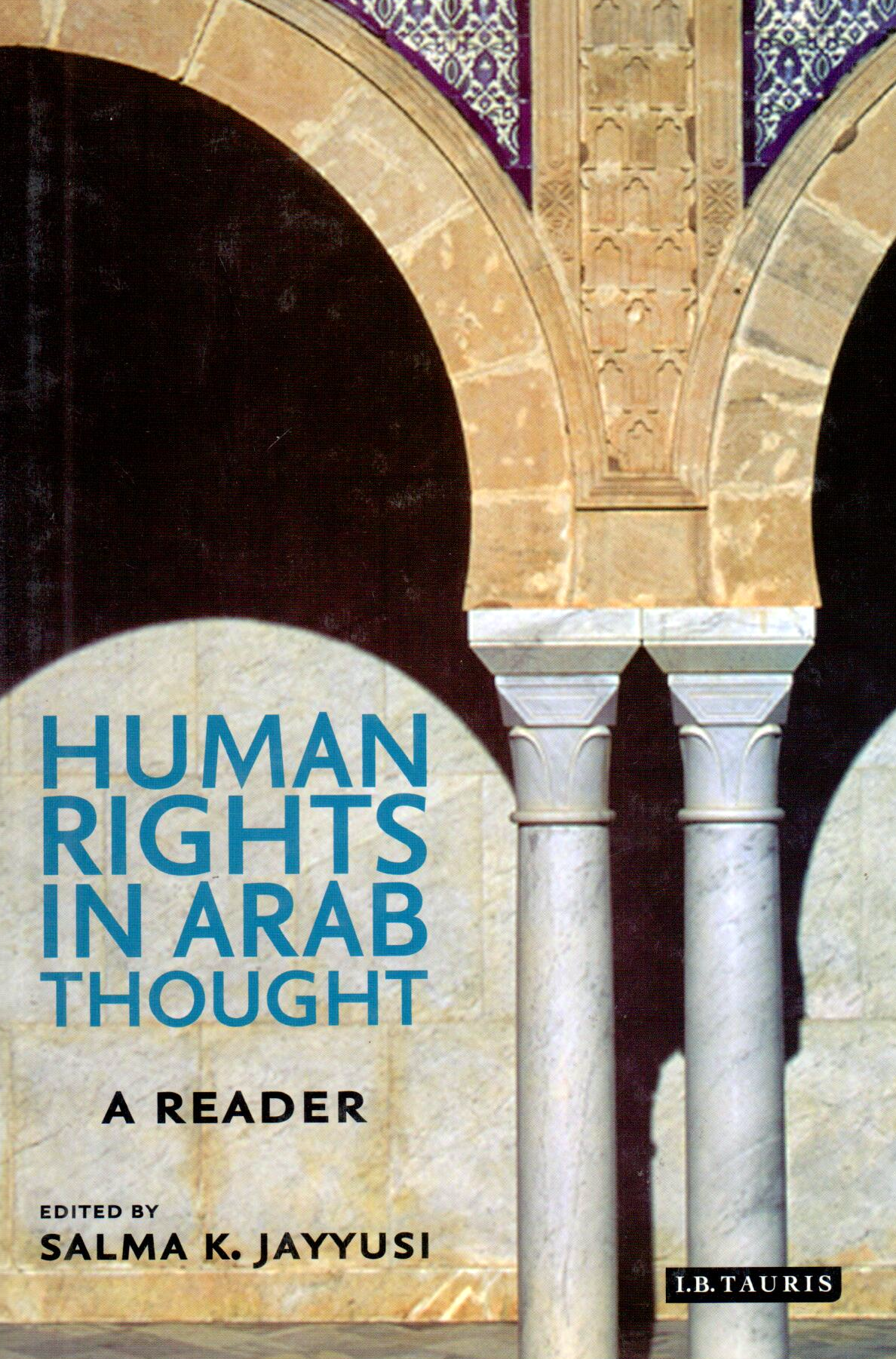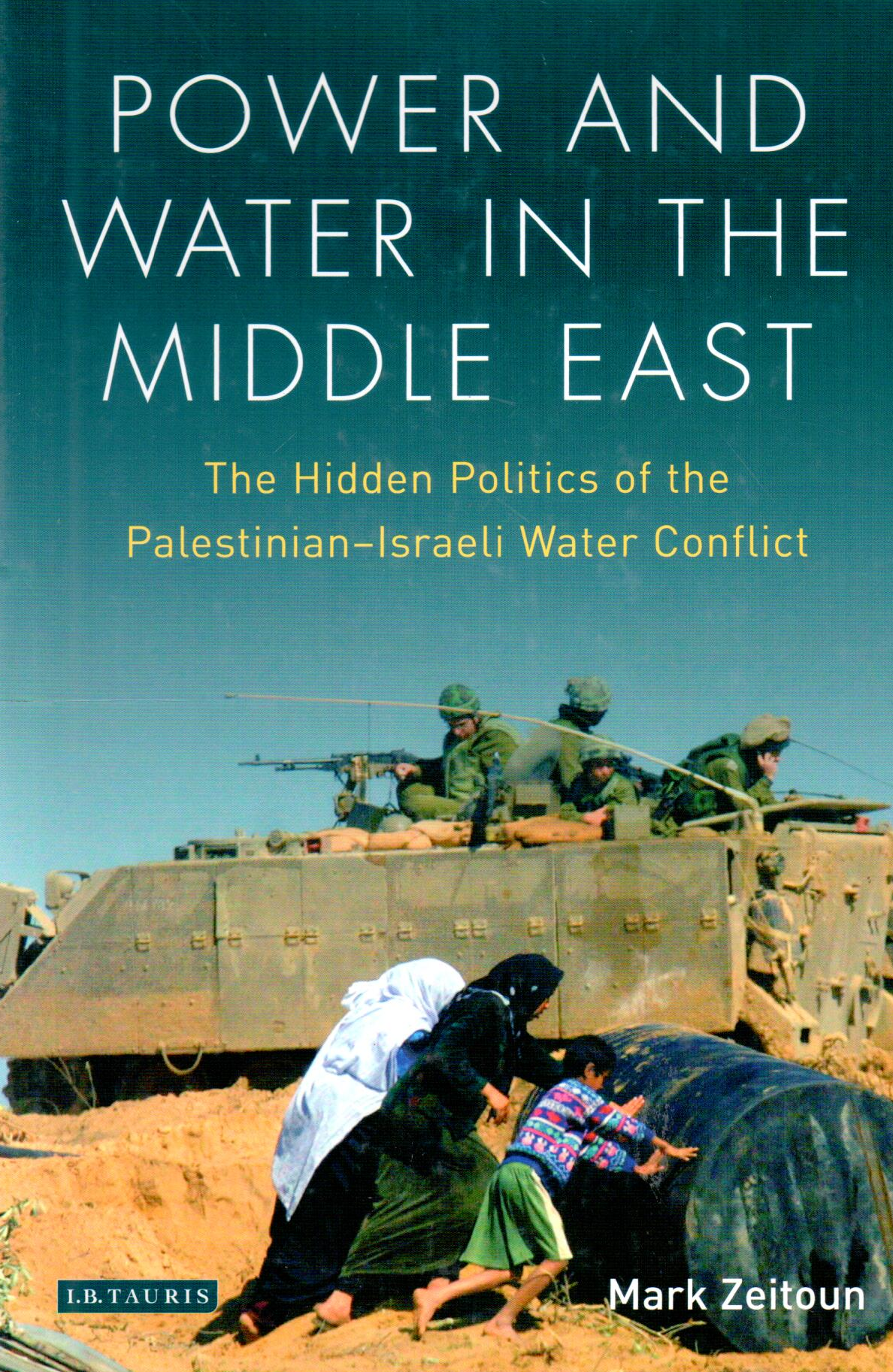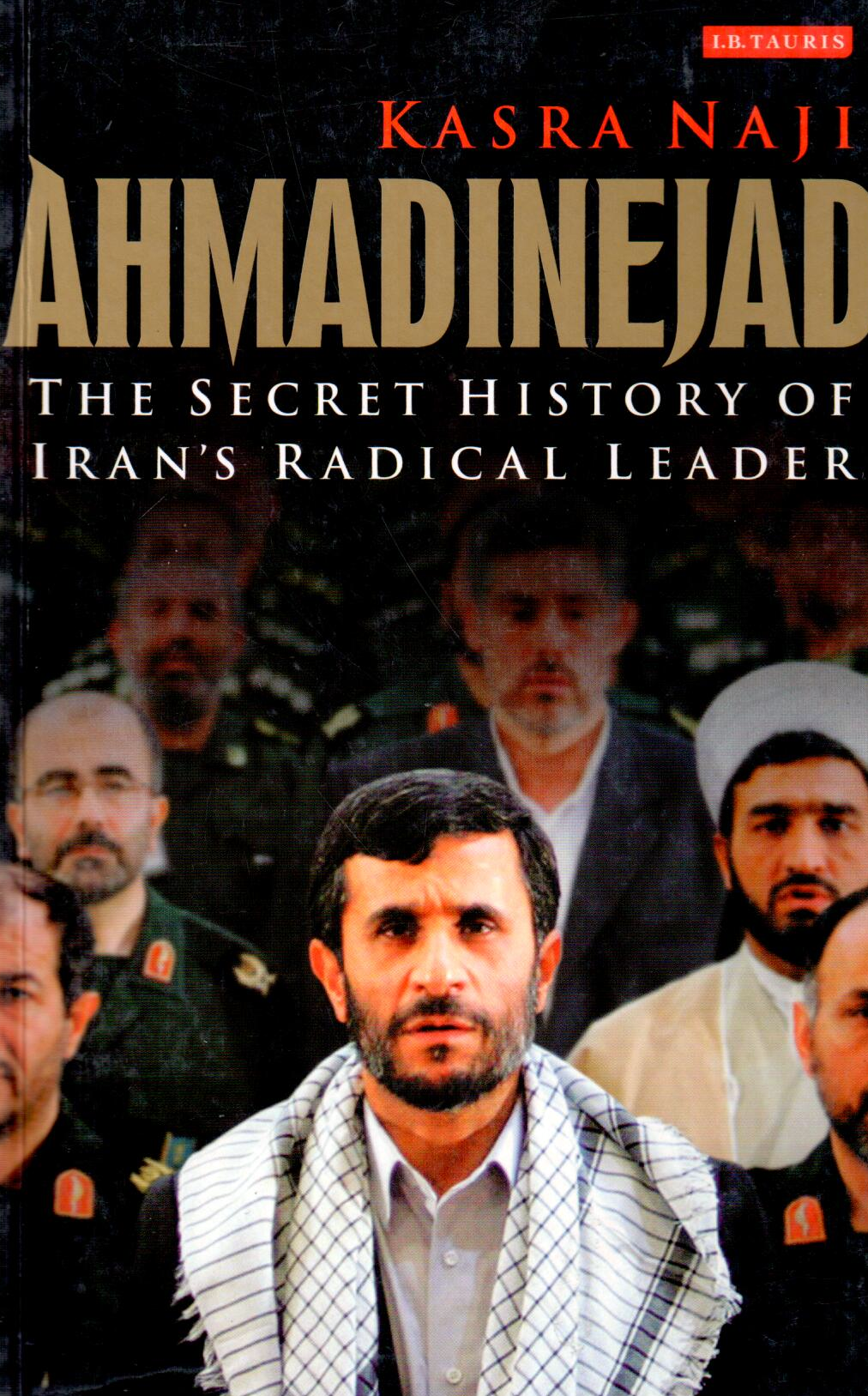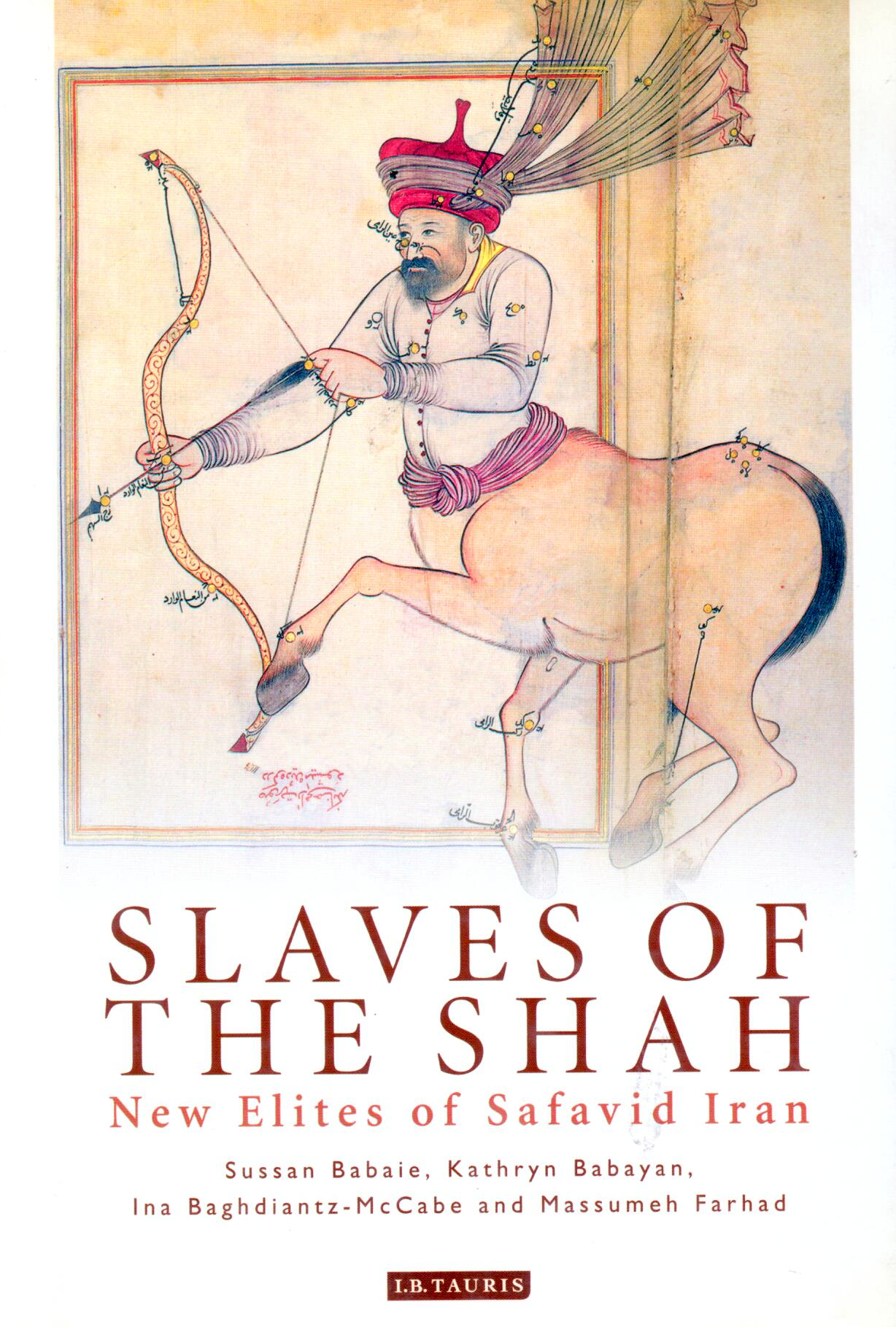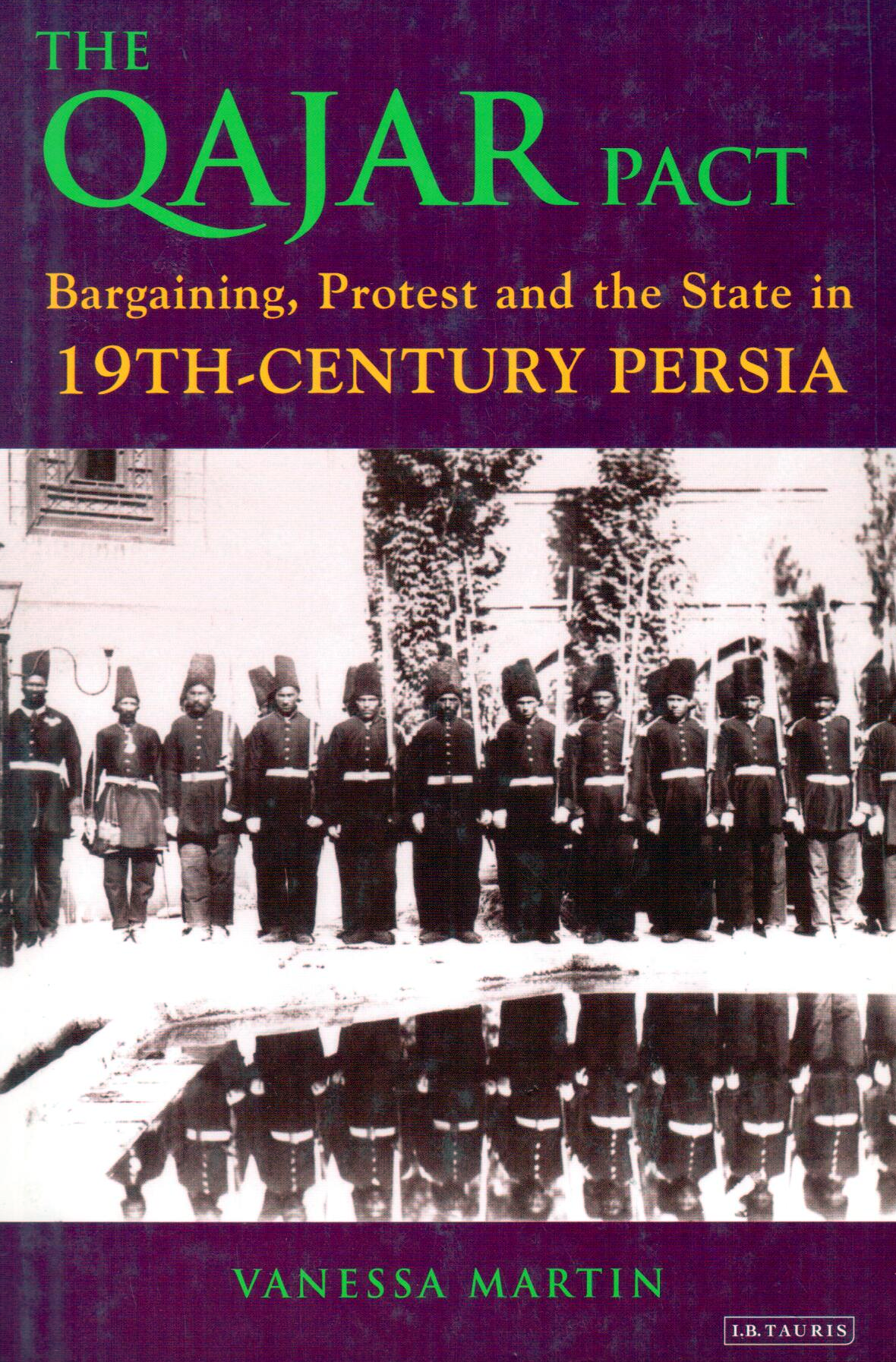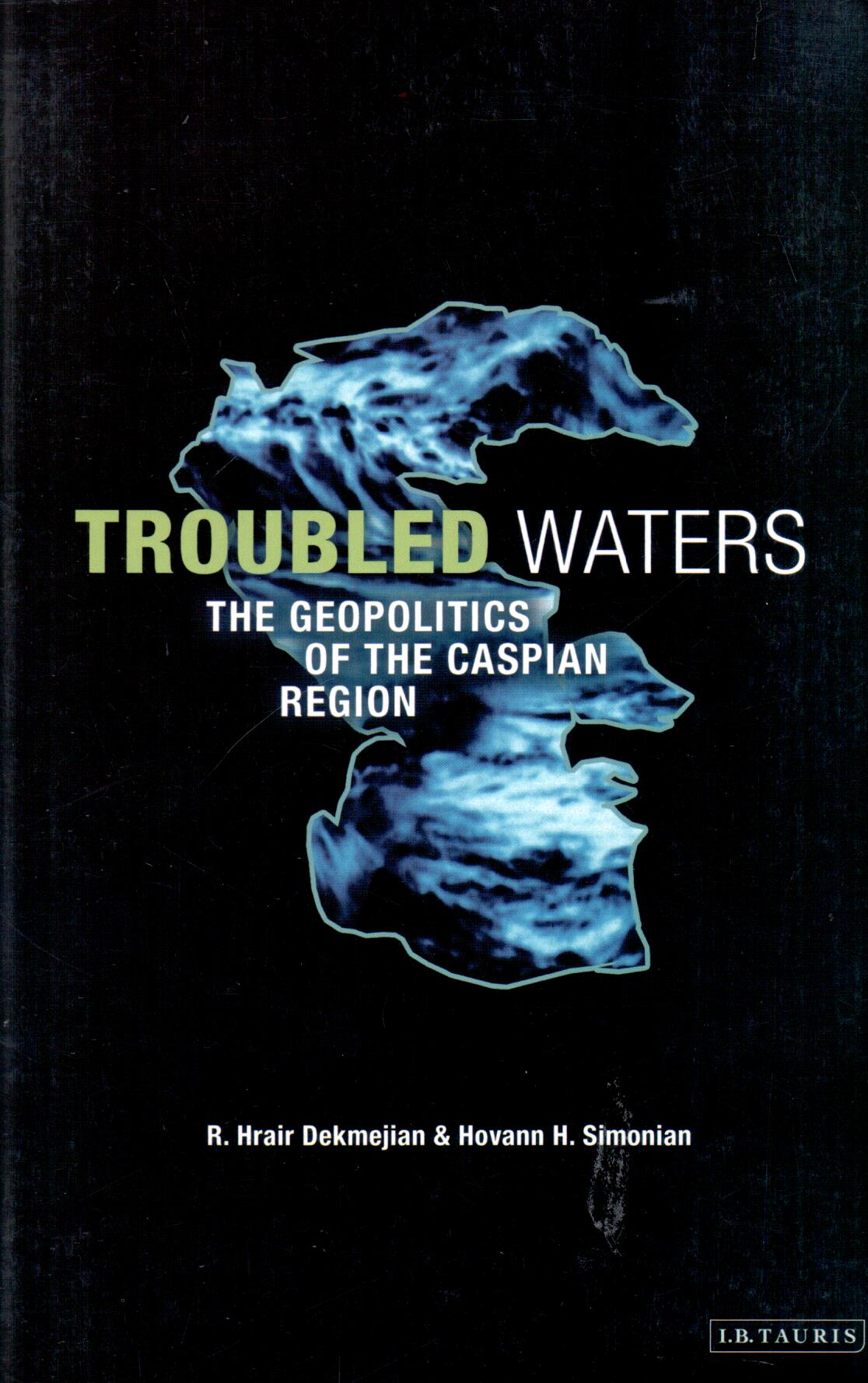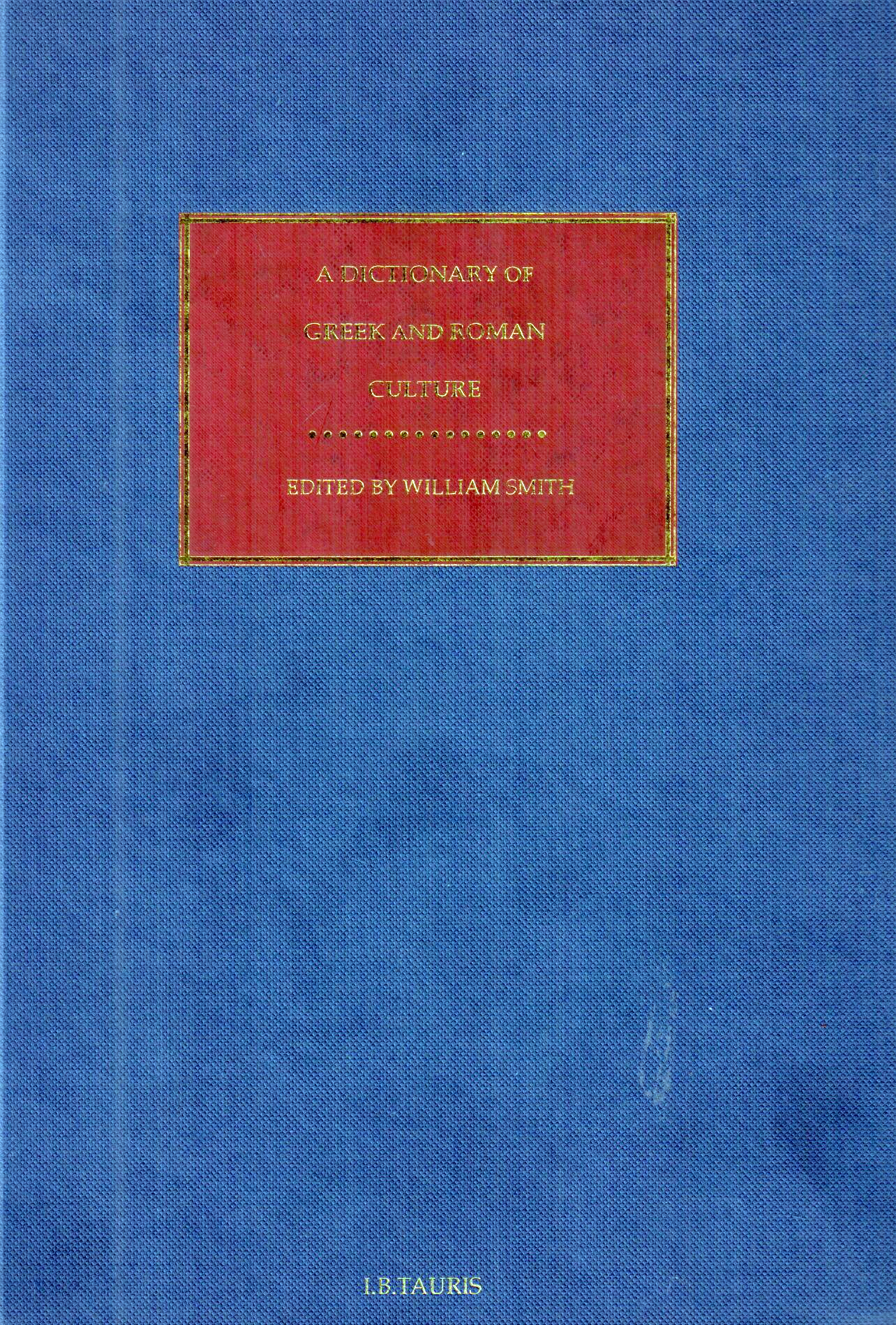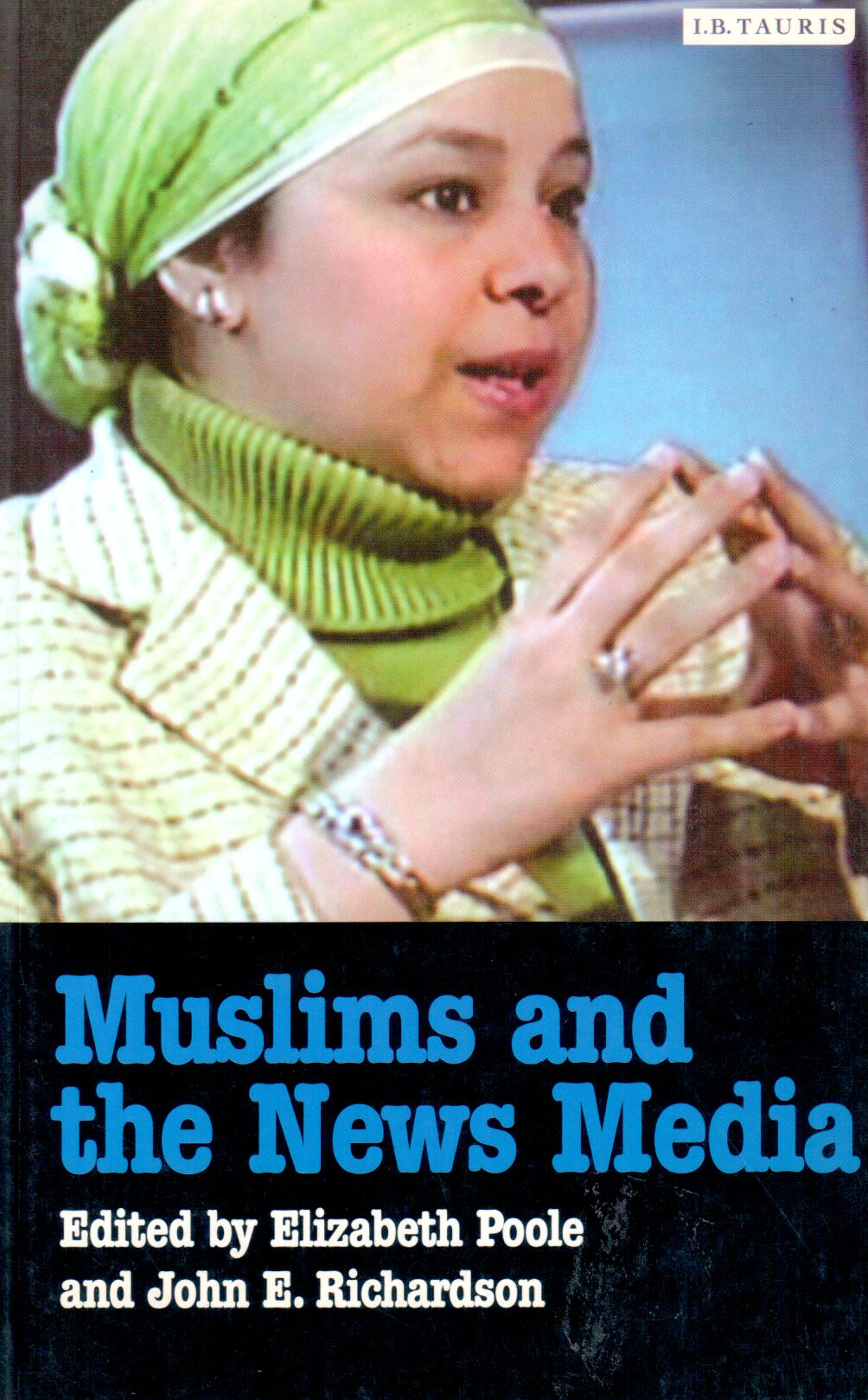Kurds and the state in Iran : the making of Kurdish identity الإنجليزية 2011
Kurds and the state in Iran : the making of Kurdish identity
247 SEK
مشاركة
Wishlist
ISBN رقم:
9781848857889
الناشر:
I.B. Tauris
الفئة العمرية:
البالغون
الصفحات:
215
الوزن:
425 g
أبعاد المنتج:
14 x 21 x 1٫5 cm
غلاف الكتاب:
غلاف کرتونی
In early 1946, Kurds declared an independent republic in north-west Iran. The Mahabad Republic, as it became known, was the first time that the Kurds experienced self-rule in the modern era. Although short-lived, the Republic had a formative influence on the subsequent development of Kurdish nationalist movements in Iran and the wider region. Here, Abbas Vali disputes the conventional view that the Kurdish Republic was the result of a Soviet conspiracy to dismember Iran, a side-effect of the Cold War. Instead he emphasizes the diversity of the internal Iranian and Kurdish factors that led to the formation of the Republic, arguing that the Republic represents the culmination of a new and modern Kurdish national identity. This was an identity which emerged in response to the exclusionary effects of the political and discursive processes and practices of the construction of a modern Iranian nation-state and national identity since the Constitutional Revolution of 1906.With its analysis of the formation and effects of nationalism and ethnic identity, this book is essential reading for anyone interested in the Kurds or the development of national and state identities in the Middle East.
more
In early 1946, Kurds declared an independent republic in north-west Iran. The Mahabad Republic, as it became known, was the first time that the Kurds experienced self-rule in the modern era. Although short-lived, the Republic had a formative influence on the subsequent development of Kurdish nationalist movements in Iran and the wider region. Here, Abbas Vali disputes the conventional view that the Kurdish Republic was the result of a Soviet conspiracy to dismember Iran, a side-effect of the Cold War. Instead he emphasizes the diversity of the internal Iranian and Kurdish factors that led to the formation of the Republic, arguing that the Republic represents the culmination of a new and modern Kurdish national identity. This was an identity which emerged in response to the exclusionary effects of the political and discursive processes and practices of the construction of a modern Iranian nation-state and national identity since the Constitutional Revolution of 1906.With its analysis of the formation and effects of nationalism and ethnic identity, this book is essential reading for anyone interested in the Kurds or the development of national and state identities in the Middle East.
more

